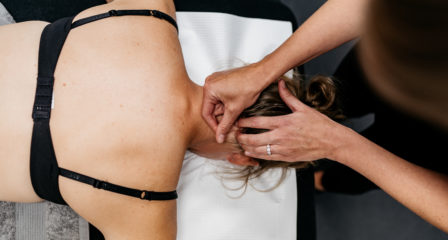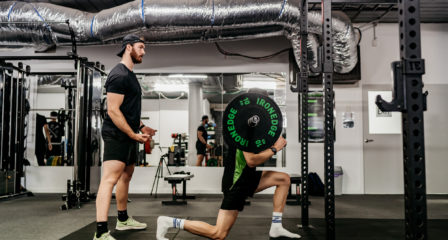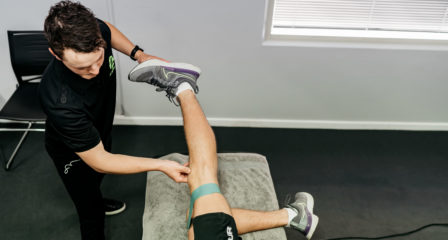
Iliotibial Band Syndrome (ITB Syndrome)
What is it?
Iliotibial (ITB) syndrome is a common cause of lateral knee pain in runners, with a prevalence as high as 17%. The ITB is a thick band of connective tissue which runs down the outside of the thigh. It’s role is to assist in stabilising the hip and knee during movement. ITB syndrome is an atraumatic overuse injury typically characterised by pain on the outside of the knee. It is often referred to as ITB friction syndrome, however more recent evidence suggests that this condition is the result of compression of the ITB on the femur when the knee is flexed. When subject to highly repetitive loads, such as during endurance running, tissues around this site of compression become sensitive and irritated.
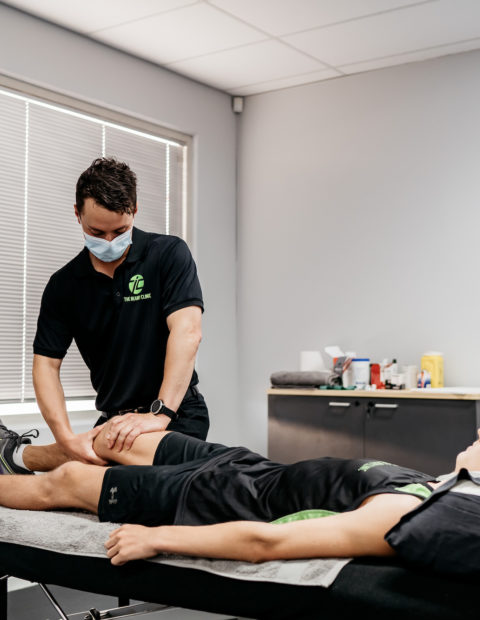
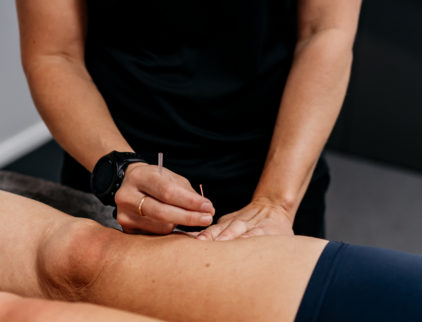

Symptoms commonly associated with ITB Syndrome
- Pain often described as ‘sharp’
- Pain on the outside of the knee
- Worsening pain with prolonged running, downhill running or descending stairs
Contributing Factors associated with ITB Syndrome
INTRINSIC FACTORS
– More common in males (most significantly men less than 34 years of age)
– Biomechanics (i.e., narrow step width, increased hip adduction in stance, increased step length, decreased lumbopelvic control)
– Decreased hip abductor strength
– Significant leg length discrepancy
EXTRINSIC FACTORS
– High training load
– Training incorporating significant downhill running
– Sudden increases in training load
Considerations in the management of ITB Syndrome
SHORT TERM
- Training load modification
Training load modifications often include a decrease in downhill hill running, speed work and or total volume. We need to maintain some training load, otherwise runners decondition and can experience repeated bouts of ITB related pain. In addition, when a runner de-conditions, they are at an increased risk of a ‘new’ injury. If symptoms are associated with a specific aspect of training load, it is best to reduce this first.
- Soft tissue techniques/dry needling
Soft tissue techniques may assist with maintenance of tissue health.
LONG TERM
- Gait retraining
If there are indications that you may be increasing ITB compressive loads as a result of your running technique, gait retraining may be beneficial. This is dependent on the outcome of a technique analysis. Gait retraining may involve increasing step width, increasing cadence and reducing hip adduction during stance. This assists in decreasing compressive load through the lateral knee.
- Load management
Graded return to training also allows the ITB to develop tolerance to cumulative loads experienced during running. Individuals may need to tailor their training to avoid excessive peaks in volume, which place them at risk of developing ITB syndrome or other musculoskeletal conditions related to overload.
- Strength training
Rehabilitation should target developing tolerance to peak loads and plyometric loads experienced during running. Tolerance to peak loads can be addressed via heavy resistance training, particularly through targeting gluteals and quadriceps. Plyometric exercises restore the body’s capacity for energy storage and release during running.
Effective management of ITB syndrome requires accurate diagnosis and identification of contributing factors. From there, a tailored management plan can be implemented to allow individuals to return back to pre-injury levels of running.
If you have any questions please don’t hesitate to call or book a physio appointment online.
Explore our physiotherapy services
Musculoskeletal
Physiotherapy
At The Injury Clinic Physiotherapy, we work closely with our clients to get them back doing the things they love as soon as possible.
Sports
Physiotherapy
The Injury Clinic Physiotherapy works with recreational to elite athletes to keep them injury free and achieving their goals.
Dry
Needling
All physiotherapists at The Injury Clinic Physiotherapy are qualified and experienced in dry needling as a treatment technique.
Running Related Injuries
Physiotherapists at The Injury Clinic Physiotherapy have a special interest in the diagnosis and management of running-related injuries.
Women's Health
Physiotherapy
We have physiotherapists with a special interest in Women's Health, including pre and post partum presentations. Let us work with you to stay fit, active and healthy.
Pre & Post-Operative
Physiotherapy
Physiotherapists at The Injury Clinic Physiotherapy work closely with surgeons to ensure best outcomes post surgery.
Injury Q&A
Our clinicians have been answering all your questions!
Running Analysis
The goal of a running analysis is to identify aspects of your technique that may be contributing to injury or impacting on efficiency.
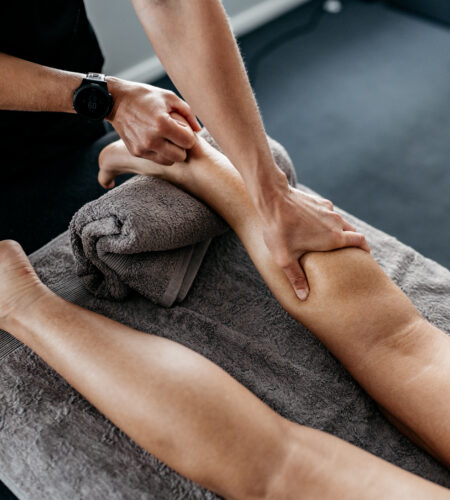

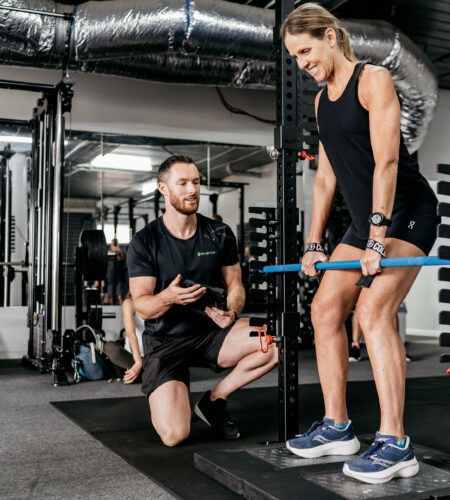

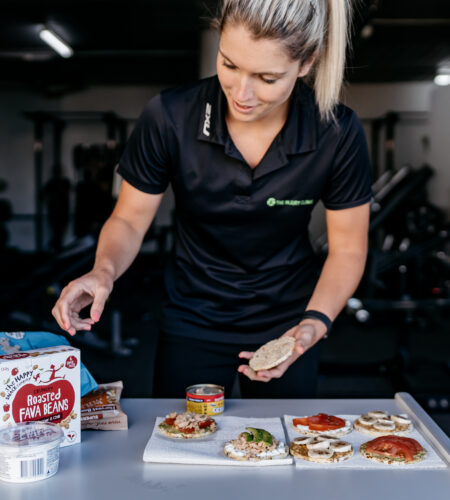

Schedule your next visit
If you’re interested in booking an appointment with one of our team members, contact our clinic today and we’ll be happy to find time for a consultation.
Schedule Consult
